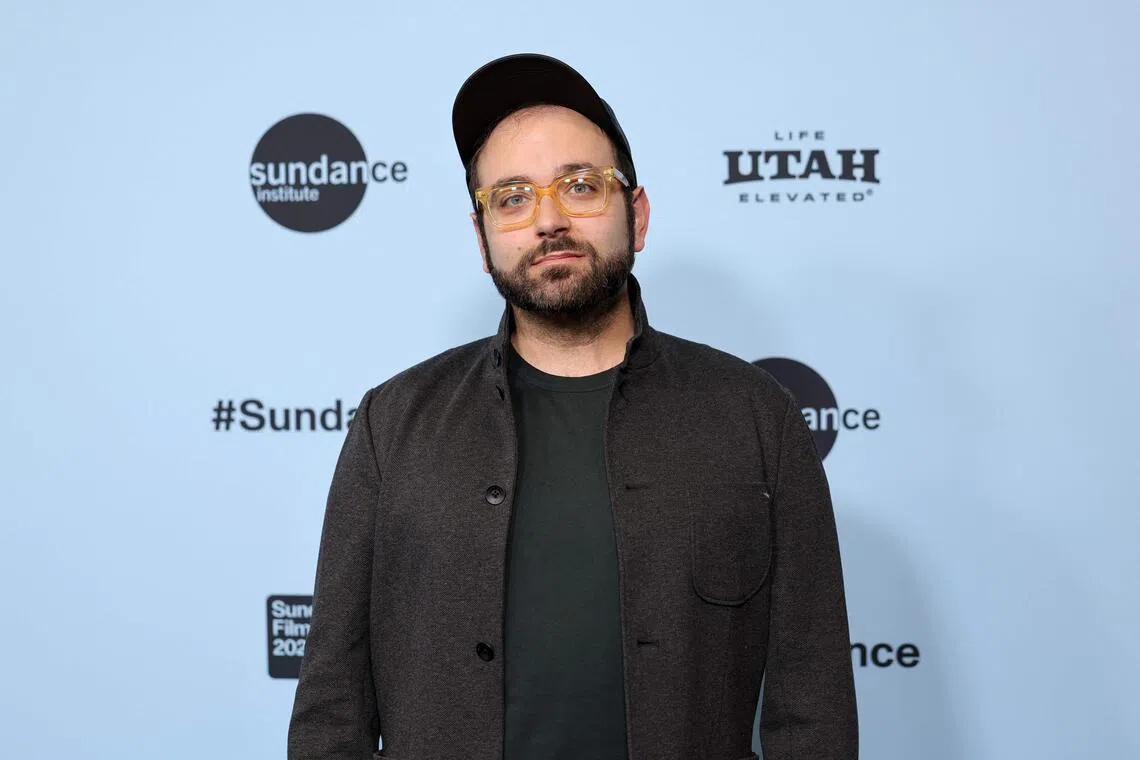Predators: How reality TV explains Epstein obsession
Sign up now: Get ST's newsletters delivered to your inbox

Film director David Osit said the 2000s reality TV series To Catch A Predator was an incredible mix of schadenfreude and horror.
PHOTO: AFP
LOS ANGELES – As demands to release the so-called Epstein files rage on, a new documentary asks why America is so fascinated with child sex abusers by reflecting on the salacious 2000s reality TV series To Catch A Predator.
The infamous NBC show lured paedophiles to homes equipped with hidden cameras, where they expected to have sex with minors but were instead confronted by the programme’s host – and then arrested by cops.
“It was this incredible mix of schadenfreude and horror. No one had ever seen anything like it before,” film director David Osit told AFP.
Framed as investigative journalism but presented as darkly humorous entertainment, To Catch A Predator ran for just 20 episodes. It was cancelled in 2008, soon after one target killed himself as police and cameras entered his home.
Few criminal charges ever resulted, due to the legally dubious entrapment involved.
But its enduring popularity on online forums – and the YouTube industry of copycat “predator hunters” it spawned – led Mr Osit to ponder why the heinous crime of child sex abuse is so readily and widely consumed as entertainment.
Mr Osit’s film Predators will be released in US theatres on Oct 3. The movie makes extensive use of unaired, behind-the-scenes footage from To Catch A Predator, including from police interrogation rooms.
While the broadcast episodes were “cut like a dark comedy”, with the raw footage, “you’re watching 70, 80 minutes of someone’s life fall apart in slow motion”, said Mr Osit.
“I would find myself watching and feeling this emotional ping-pong of feeling devastated for them, and then disgusted at them, and then really questioning my own feelings of whether what I was looking at was right or wrong,” said the director.
He set out to make a film about “how the show made us feel”.
‘Pornographic’
It is a question that is timelier than ever, given pedophilia’s centrality to the Jeffrey Epstein controversy, as well as many pervasive conspiracy theories like the QAnon movement.
Disgraced financier Epstein was convicted of sex offences and found dead in his jail cell
US President Donald Trump, once a friend of Epstein, has tried to quell the calls to release the Epstein files – despite attacking opponents with them in the past.
The national obsession has not abated, even among Mr Trump’s supporters and some Republican legislators.
According to Mr Osit, there can be “almost a pornographic element” to poring over the details of these crimes from afar – which also explains the huge popularity of “true crime” podcasts.
“If you want to identify with the more salacious elements, you can do it in the privacy of your own home, and no one has to know what you’re taking pleasure in,” he said.
The “fantasy of justice” also appeals to fans of “predator hunting” shows, particularly those who have been abuse victims themselves, Mr Osit added.
Yet the biggest root of our obsession may be the seemingly clear-cut morality these shows serve up.
“In a world of people being told they’re good or evil, or right and wrong, for certain people, it’s quite appealing to stand on the side of good unequivocally against the idea of child predation... the ultimate evil,” said Mr Osit.
“It is an excellent wedge to say that there’s an ‘us’ and there’s a ‘them’, and there’s the people who would do that and the people who wouldn’t.” AFP


